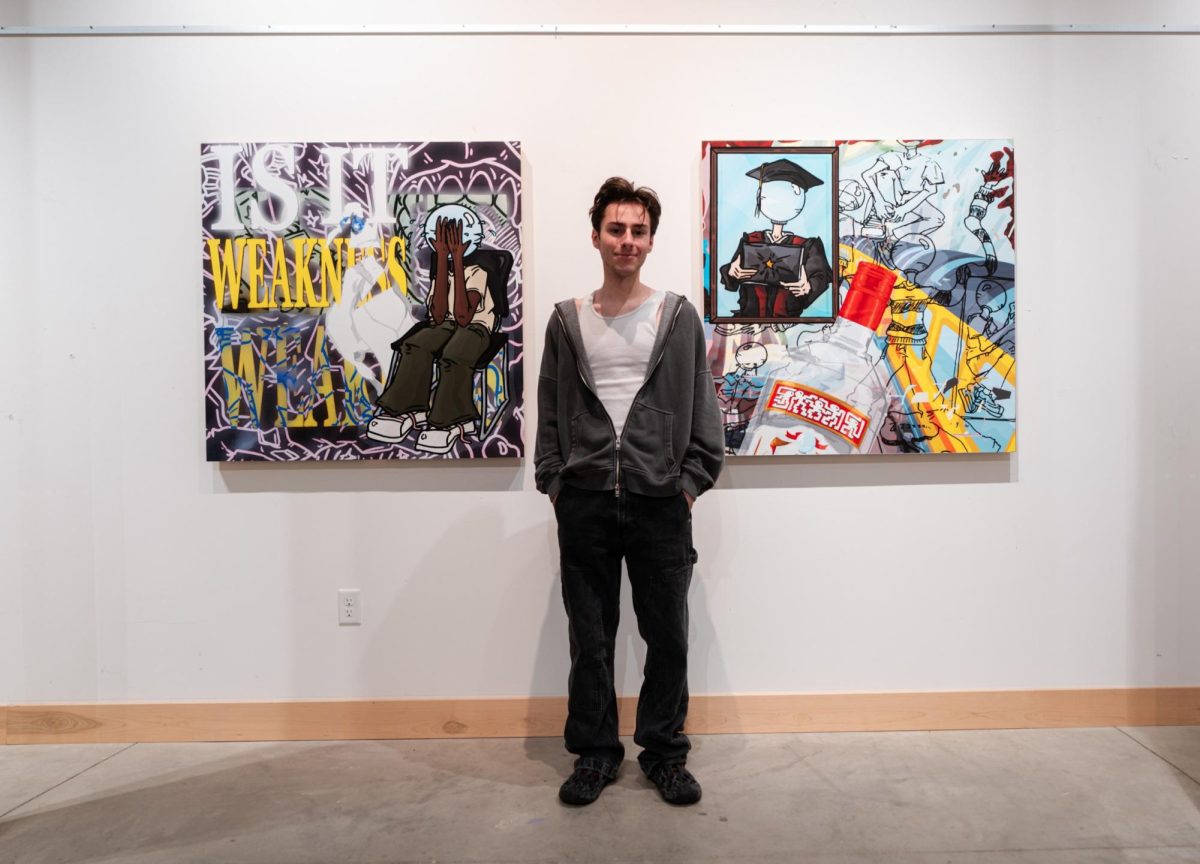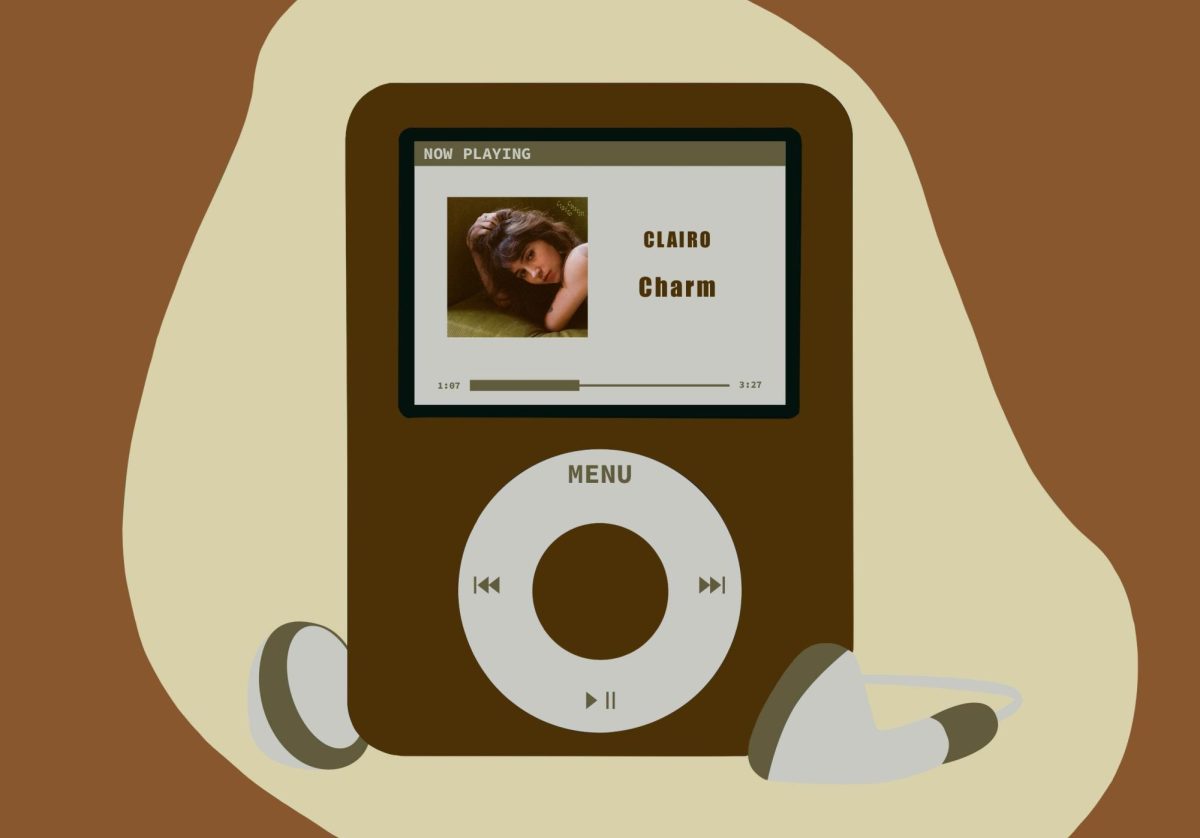This could be big – bigger than learning that Dad’s been eating the cookies left out for Santa, that the money from the Tooth Fairy really came from Mom’s purse.
Of course, this has nothing to do with the pain of childhood realizations. This realization could pain even professors. The argument revolves around the identity of the man University senior lecturer James Norwood called “arguably the greatest author in the English language.”
Peter Dawkins, author of “The Shakespeare Enigma,” aims to prove that William Shakespeare is not the man we believe him to be. Dawkins has spent about 30 years researching the subject and picking out inconsistencies and ambiguities in Shakespeare’s plays.
Instead of writing a bland old book that would be better suited for a doctoral dissertation, Dawkins takes a storytelling approach and writes it like a detective novel.
“What we’ve been told about Shakespeare is very sketchy,” Norwood said, “and, under close examination, much of that information is often misleading or inaccurate.”
Then again, Dawkins’ claim is nothing new. The rumors regarding Shakespeare are as prolific as tales of the Loch Ness monster and UFOs landing in New Mexico.
There are those who claim a man with little formal education could not write in such elevated text. Those who stand behind the legend of the man from Stratford-upon-Avon, however, argue that therein lies the genius behind the poetry and the plays.
Many people from the Renaissance have been named as possible authors. Some claim that Christopher Marlowe wasn’t killed in a bar fight and wrote these plays under a pseudonym. Others believe a woman, knowing full well she could never be published as such in the 16th and 17th centuries, wrote under a male pen name.
The debate over who actually wrote such magnificent plays as “Romeo and Juliet” and “The Merchant of Venice” is significant enough for the University to offer a class on the subject. Norwood has taught The Mysterious William Shakespeare: Authorship and World View for approximately six years.
“We look at evidence for different hypotheses, and then the students come to their own conclusion,” Norwood said, “and the course varies as new information is discovered.”
Dawkins believes, on the other hand – and firm belief is required of anyone who undertakes such an endeavor – that his extensive research proves the true authorship.
But why not let the legend simply stay a legend? Why argue and debate over the identity of one of the most prolific and popular writers of the English language who lived 400 years ago?
Dawkins’ introduction calls it “a treasure trail, the treasure being truth itself and also the sheer delight of self-education and discovery.”
Samuel Corser, a theater arts student who took Norwood’s course, agreed it’s important to get to the bottom of the issue.
“Any serious argument on the subject isn’t fabricated from nothing,” he said. “For someone to truly believe that someone else wrote the works of Shakespeare means they have a persuasion that led them to believe that.”
The mystery and allure that surround this literary genius, whomever he or she is, is bound to last as long as the immortal lines credited to the name of William Shakespeare.
















